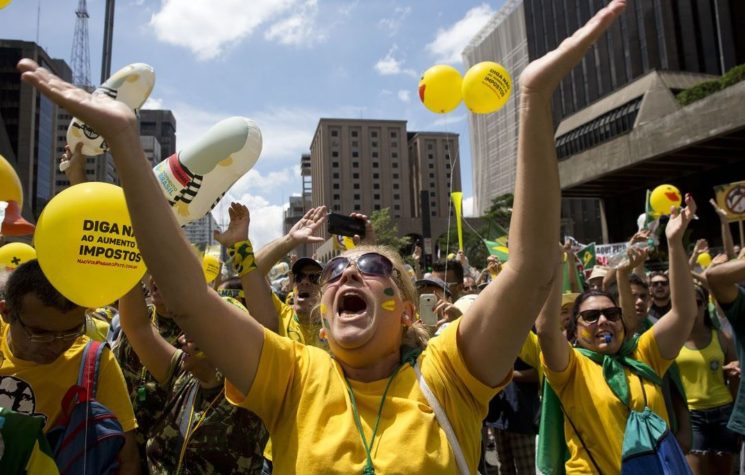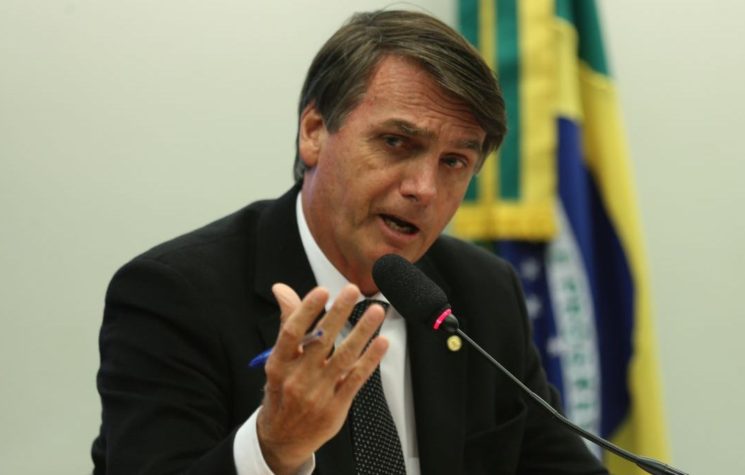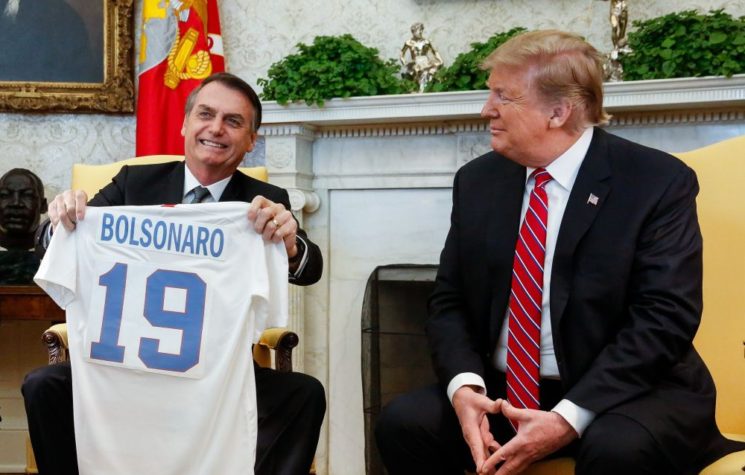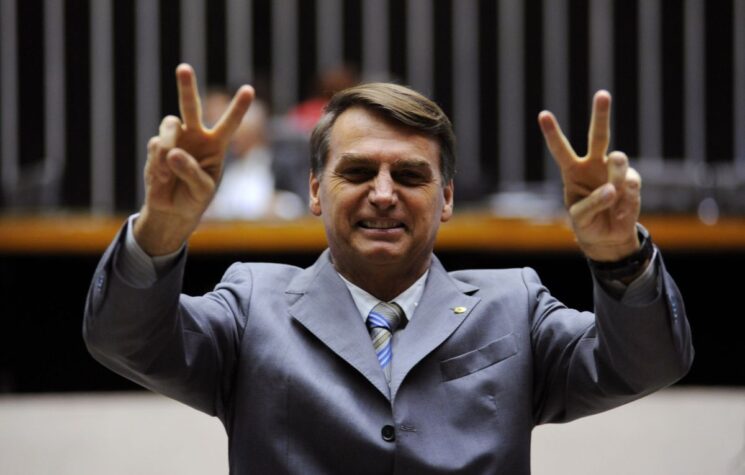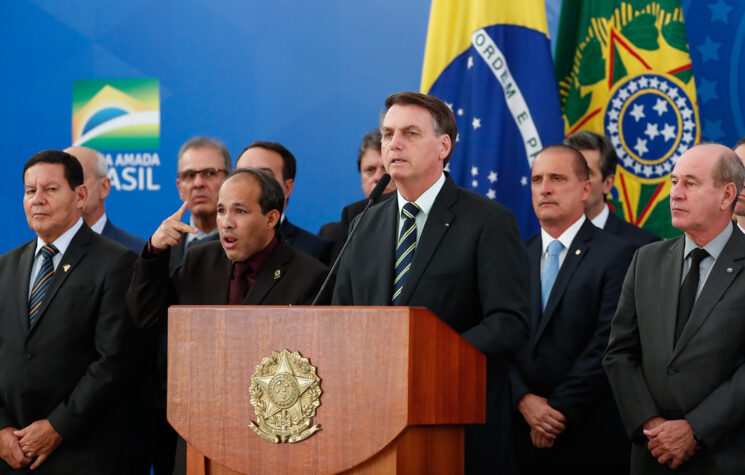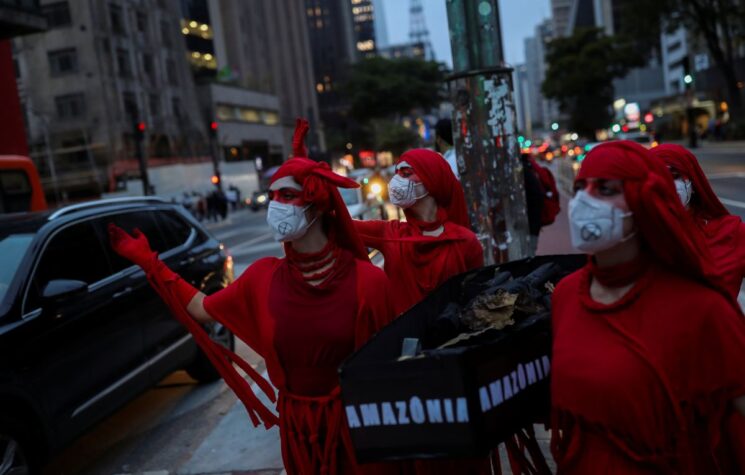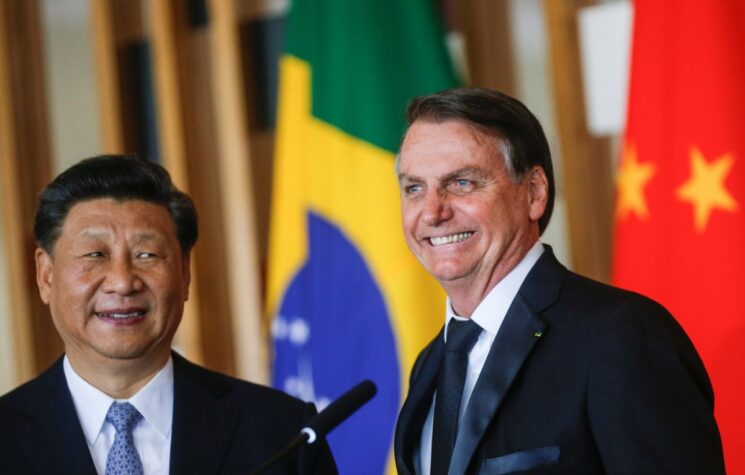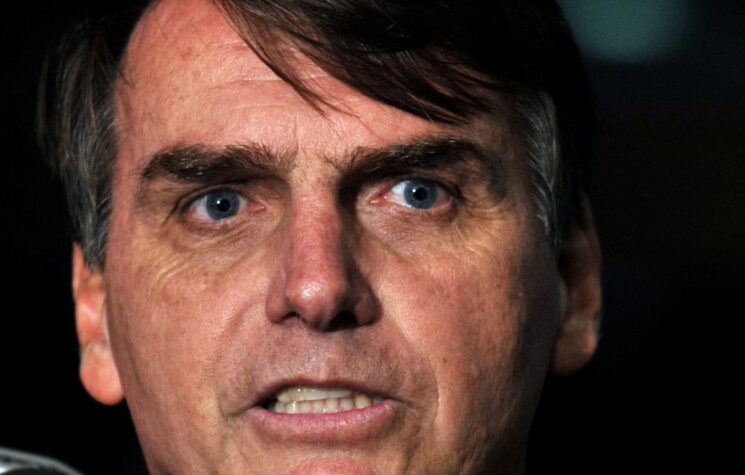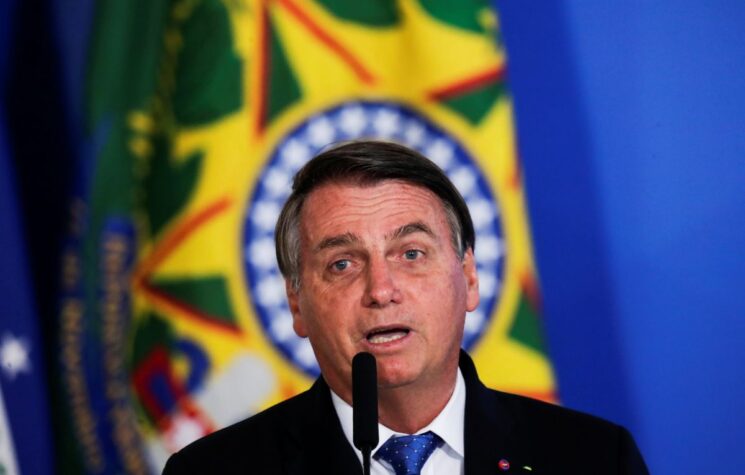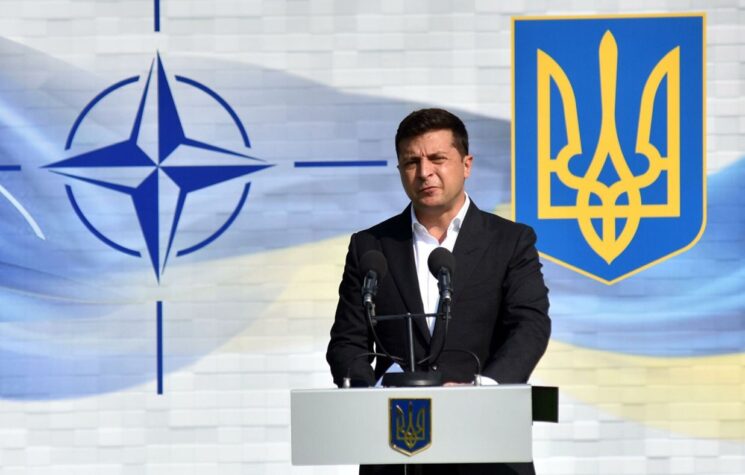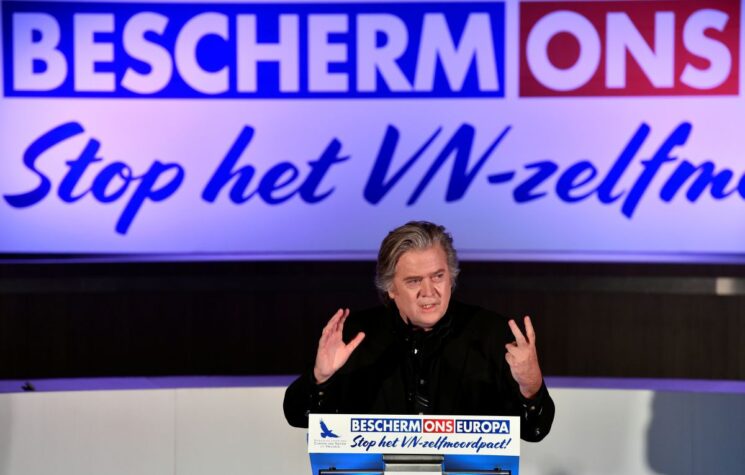The constant declarations by Brazilian President Jair Bolsonaro to open the Amazon for natural resources exploitation is putting both land and indigenous communities in peril. On Saturday, the Waiãpi indigenous reserve was invaded by a group of heavily armed miners. Earlier in the week, indigenous leader Emyra Waiãpi was stabbed to death. The indigenous tribes are pointing towards Bolsonaro as the instigator and enabler of violence targeting their people.
Despite pleas for protection against miners invading their territory, the indigenous tribes are unlikely to find recourse from the authorities. Bolsonaro has stated his decision to open natural reserves for exploitation as the reason behind what he terms “approximation with the United States.”
A recent study has attributed the destruction of Brazil’s environmental policy to Bolsonaro and the political power of the ruralists – an influential agribusiness association in Brazil which favours the dispossession of indigenous people from their land. Under Bolsonaro, ruralists and former generals have been appointed to political positions.
Tereza Cristina, a ruralist, serves as agriculture minister. Roberto Salles, also a ruralist, was appointed as environment minister. Prior to his new role, Salles was involved in altering maps used for environmental protection, thus leaving rivers exposed to mining pollution.
The latest government-enabled crime might prove to be a precursor to ongoing violence against indigenous communities as Bolsonaro seeks to dissociate between the indigenous people and their land. In the latest developments, the new president of the National Indian Fund (FUNAI) is Marcelo Augusto Xavier da Silva, a federal police officer with ties to the agribusiness sector which poses one of the greatest threats to indigenous lands.
Prior to his appointment, Xavier da Silva had already been involved in disputes that sought to criminalise and punish indigenous communities. As Ombudsman of FUNAI in 2017 during the presidency of Michel Temer, Xavier da Silva ordered the federal police to persecute indigenous people and NGOs over what he described as “indigenous occupation”. The action was taken without consulting the former FUNAI president Franklimberg de Freitas.
Former FUNAI employees have criticised the appointment, which further weakens the organisation’s capacity to act in protection of indigenous rights and environmental protection. Besides pointing out his lack of expertise when it comes to indigenous communities, a former FUNAI employee stated, with reference to Xavier da Silva, “I am scared of him.”
This brief statement exposes the dynamics of Bolsonaro’s rule. Prior to the elections, Bolsonaro stated, “If I’m elected, I’ll serve a blow to FUNAI; a blow to the neck. There’s no other way. It’s not useful anymore.” Recently he took to Twitter to compare the organisation and indigenous communities to “a nest of rats.”
Transitioning from violent electoral rhetoric to implementation has not been difficult for Bolsonaro. At an international level, he enjoys not only US President Donald Trump’s support, but also that of the EU, which has recently concluded a trade agreement with Mercosur. The agreement includes environmental protection – a condition which Bolsonaro is intent on destroying in Brazil. However, knowledge of the Brazilian government’s intent to exploit Brazil for the benefit of multinational companies has not proved to be a deterrent for the EU.
Indeed, at the summit, Bolsonaro affirmed his government’s “commitment to opening our bloc as a trade instrument with the world without the ideological bias that I criticised so much as a parliamentary leader.” Bolsonaro currently holds the Mercosur presidency for six months.
Implementing policies that aim to destroy indigenous land and forcibly integrate indigenous communities depart from colonial and neoliberal ideologies, contrary to Bolsonaro’s declarations. Likewise, his decision to employ officials acting to protect business interests at the expense of indigenous demands is also steeped in right-wing ideology.
Combining the force of international politics when it comes to trade, and facilitating exploitation of resources by seeking to eliminate indigenous input, is Bolsonaro’s strategy. Brazil might not afford to take the country through the motions of another visible dictatorship, but it will implement modified policies, acceptable to its trading partners, who will not raise any contention when indigenous communities are left to fight their battles in isolation.








